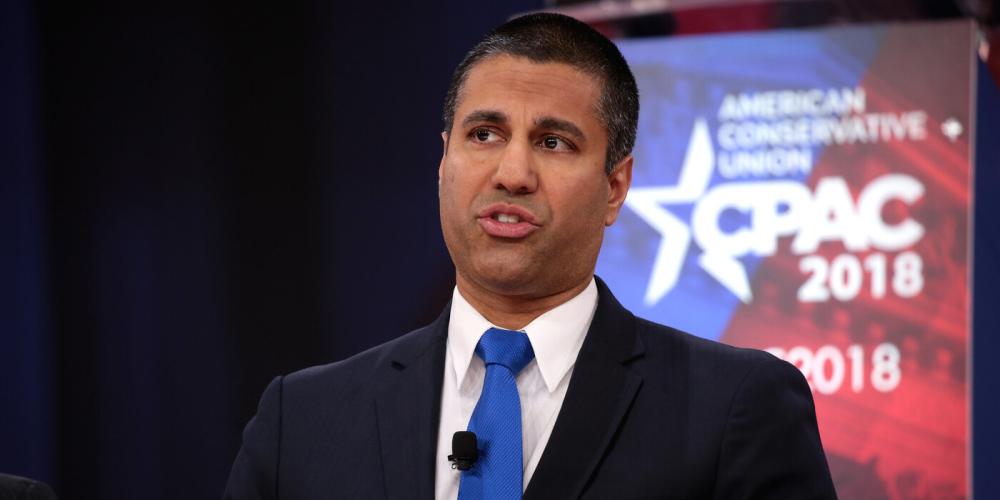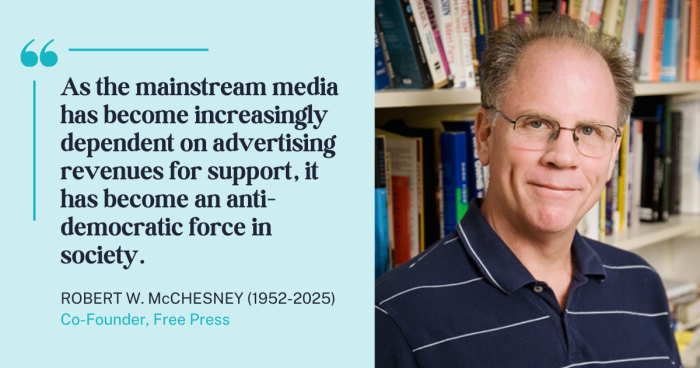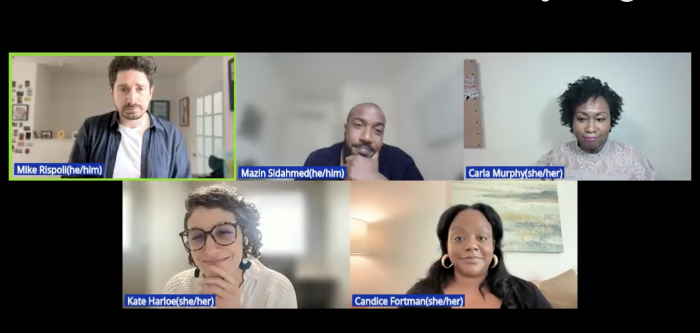Why a Court Rejected the FCC's Attempt to Destroy Local Media

The Third Circuit Court of Appeals just threw out — for the fourth time — the FCC’s bad-faith attempt to slash its media-ownership rules.
Ajit Pai never met a broadcast merger he didn’t like — and he’s spent much of the past three years of his tenure as FCC chairman wiping protections off the books and giving massive broadcast corporations a green light to consolidate even more.
Pai’s bad plan
Here’s the deal: Every four years, the FCC is supposed to review its media-ownership rules to make sure they’re achieving their public-interest goals of promoting competition, localism and diversity. That process is called the Quadrennial Review.
In 2017, the Pai FCC used the Quadrennial Review to gut most of the agency’s remaining ownership protections — paving the way for a single owner in a single market to own more television, radio and newspaper outlets. The agency’s actions also allowed conglomerates to buy multiple television stations in the same market, even if doing so left communities with fewer than eight independent outlets (the baseline the previous rules required).
And the FCC’s moves helped big broadcasters continue to hide the actual number of stations they control by using shell companies and so-called “sharing” agreements to make editorial and programming decisions for stations they don’t technically own.
Essentially, the FCC made it easier for broadcasters to gobble up all their local competitors, and turn our communities into one-newsroom towns.
So we sued their pants off.
The legal smackdown
See, when the FCC reviews its media-ownership rules, it’s supposed to assess what kinds of impacts any changes it makes will have on the public interest. That includes impacts on localism and media-ownership diversity — specifically, ownership of broadcast stations by women and people of color.
But Chairman Pai virtually ignored diversity concerns — using scant and unreliable ownership data to justify his bogus claims that deregulation was in the public interest.
This wasn’t the first time the FCC relied on bad diversity data — or had no data all supporting its attempts to gut ownership protections.
In fact, public-interest organizations like Free Press have sued the FCC over these failures on three previous occasions. Each time, the court has rejected the agency’s arbitrary and capricious deregulation, and instructed it to do its homework before adopting changes that would reduce ownership opportunities for women and people of color.
So when we brought the FCC before the court for making the same mistakes a fourth time, it’s fair to say the court was not amused.
“Problems abound with the FCC’s analysis,” the opinion reads. “Most glaring is that, although we instructed it to consider the effect of any rule changes on female as well as minority ownership, the Commission cited no evidence whatsoever regarding gender diversity.
“Even just focusing on the evidence with regard to ownership by racial minorities, however, the FCC’s analysis is so insubstantial that it would receive a failing grade in any introductory statistics class.”
The end result? The court once again struck down the FCC’s unjustified deregulatory order, restoring a critical baseline of protections by putting back at least this last slate of local broadcast-ownership limits that the Pai FCC ripped away.
At a time when diverse local media is under threat in communities across the country, this is a major victory. It’s a strong rebuke of Chairman Pai’s relentless attempts to put profits ahead of people, and a valuable restraint against broadcast goliaths like Sinclair and Nexstar getting even bigger.
Of course, Pai is already trying to undercut the court’s decision, and his agency could still move ahead with efforts to slash other important ownership protections.
But here’s the thing: We know that diverse media ownership is absolutely crucial. We know that consolidating our media in the hands of a few white men and corporations shuts out the voices of women and people of color. We’re going to keep fighting for diverse media no matter what nonsense Pai pulls.
And we’re going to keep winning.





